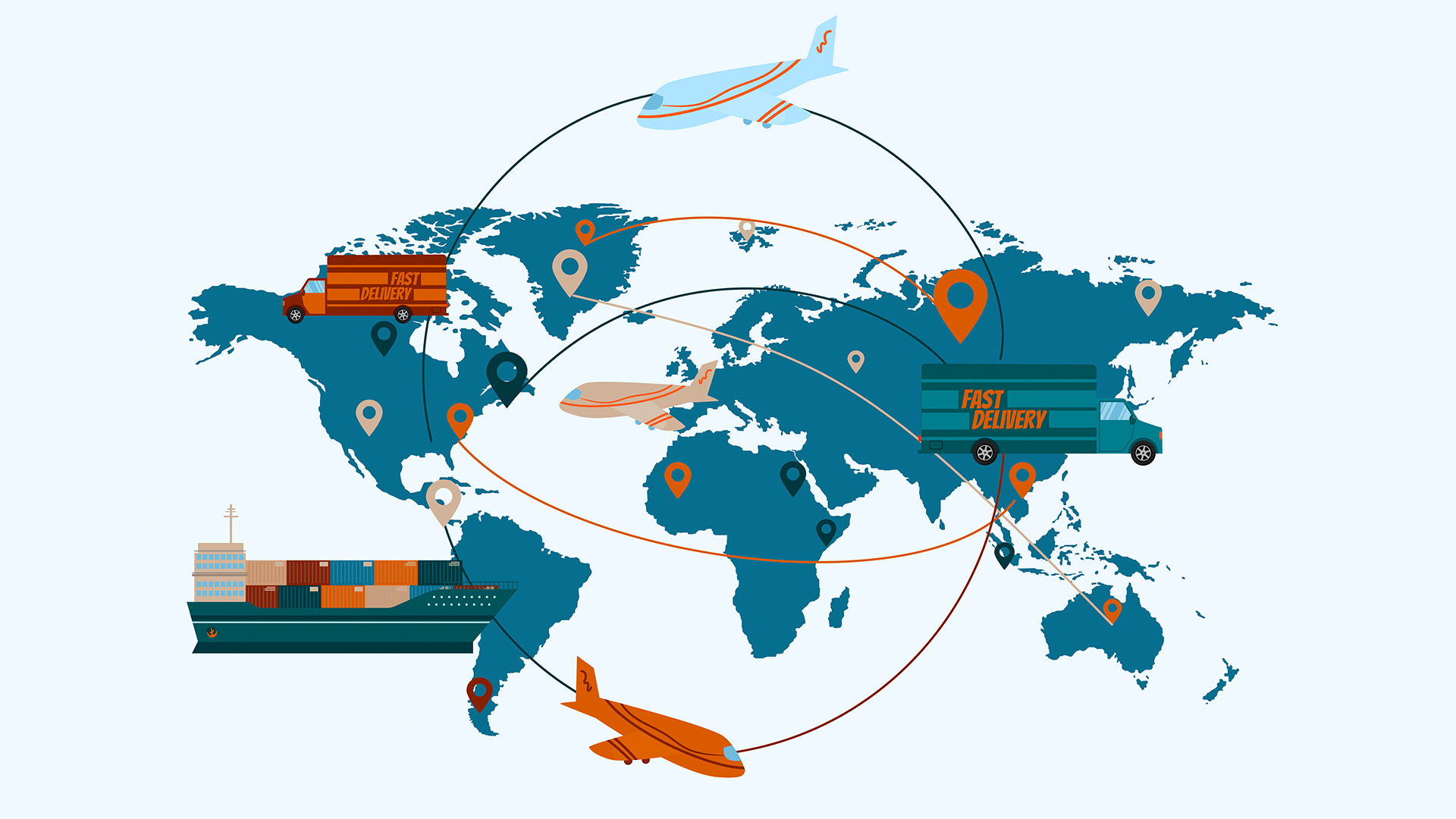Navigating international shipping regulations can feel like traversing a labyrinth. However, understanding these regulations is paramount for businesses aiming to expand their global footprint. Here’s a comprehensive guide, as if provided by “Halo Ships,” to help demystify the complexities of international shipping regulations:
Halo Ships’ Core Principles:
At Halo Ships, we understand that international shipping regulations are dynamic and vary significantly between countries. Our goal is to empower businesses with the knowledge and tools necessary to ensure compliance and avoid costly delays. We emphasize:
- Accuracy: Precise documentation is the foundation of smooth customs clearance.
- Compliance: Adhering to all applicable regulations is non-negotiable.
- Transparency: Providing clear and accessible information is essential.
- Efficiency: Streamlining processes to minimize delays and costs.
Key Components of International Shipping Regulations:
1. Customs Documentation:
Commercial Invoice:
This document details the transaction between the exporter and importer. It must include accurate descriptions of the goods, their value, and the terms of sale.
Packing List:
This provides a detailed inventory of the shipment, including the quantity, weight, and dimensions of the packages.
Bill of Lading/Air Waybill:
These documents serve as a contract of carriage and provide proof of shipment.
Certificate of Origin:
This certifies the country where the goods were produced, which can affect duty rates.
Customs Declarations:
These are documents that declare the goods being imported to the customs authorities.
2. Harmonized System (HS) Codes:
- The HS code is an internationally standardized system for classifying traded products.
- Accurate HS codes are crucial for determining the correct duty rates and ensuring compliance.
- Halo Ships recommends utilizing official customs websites and resources from the World Customs Organization (WCO) to verify HS codes.
3. Import and Export Regulations:
- Each country has its own set of import and export regulations, which can vary significantly.
- These regulations may include restrictions on certain goods, such as hazardous materials, agricultural products, and cultural artifacts.
- It’s essential to research and comply with the specific regulations of the destination country.
4. Sanitary and Phytosanitary (SPS) Measures:
- SPS measures are regulations designed to protect human, animal, and plant health.
- These measures may include requirements for inspections, certifications, and labeling of agricultural products and food items.
5. Packaging and Labeling Standards:
- Many countries have specific packaging and labeling standards to ensure product safety and consumer protection.
- These standards may include requirements for labeling the country of origin, ingredients, and safety warnings.
6. Environmental Regulations:
- Increasingly, countries are implementing environmental regulations to reduce the impact of international trade.
- These regulations may include restrictions on the import of hazardous waste, ozone-depleting substances, and endangered species.
7. Security Measures:
- Security measures are in place to prevent terrorism and other security threats.
- These measures may include requirements for screening shipments, providing advance information, and complying with security protocols.
Halo Ships’ Recommendations:
Stay Informed:
International shipping regulations are constantly evolving. Stay updated on the latest changes.
Seek Expert Advice:
Consult with customs brokers, freight forwarders, and trade compliance specialists.
Utilize Technology:
Leverage technology solutions, such as customs software and online platforms, to streamline compliance.
Maintain Accurate Records:
Keep detailed records of all shipping transactions.
By adhering to these guidelines, businesses can navigate the complexities of international shipping regulations and ensure smooth and efficient customs clearance.


